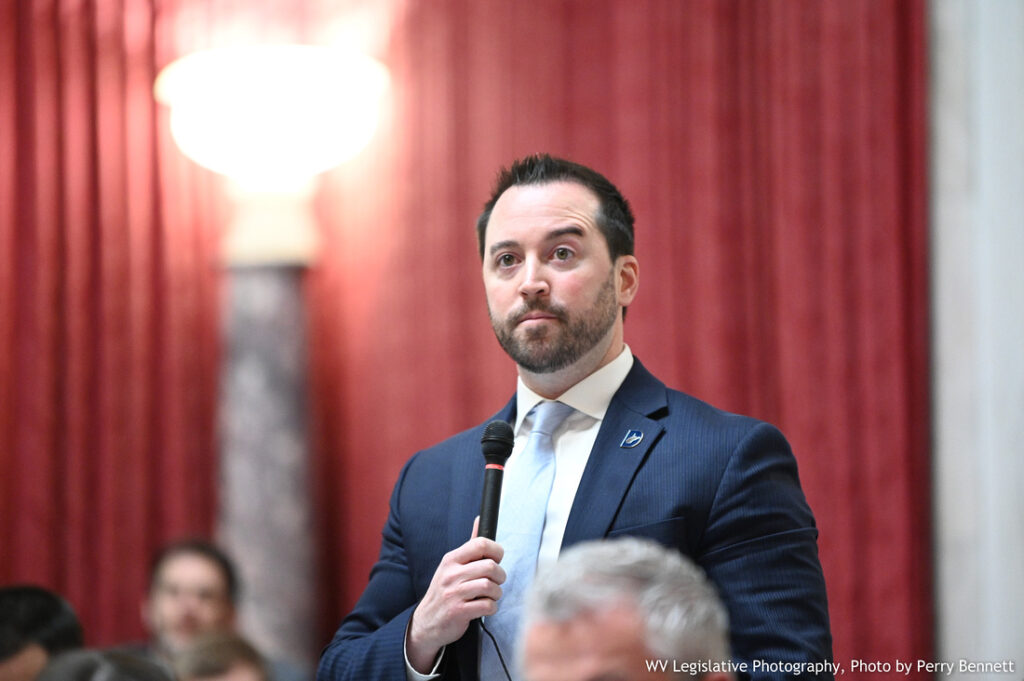The House of Delegates approved a bill Tuesday that would limit how much compensation a worker can receive if he or she is injured on the job and can prove their employer deliberately made the work environment unsafe.
An example would be an incident like the Upper Big Branch Mine Disaster in 2010 where 29 miners died in an explosion after safety violations were repeatedly ignored.
House Bill 3270 would amend the deliberate intent statute to limit non-economic damages to $500,000 in these kinds of cases.
While debate on the issue lasted for only about 10 minutes, some lawmakers, such as Del. Shawn Fluharty, D-Ohio, spoke heatedly against the bill.
“Upper Big Branch, we had willful violations of safety standards. That’s what’s required for these types of situations,” Fluharty said. “It’s not like you just go file a case all willy nilly, and you can easily meet the burden that’s necessary. It’s an extremely high burden. And we’re gonna allow the bad actors, not accidents, the bad actors who intentionally allow these things to happen, because they don’t want to follow the rules and people die. And we’re gonna say, $500,000.”
The bill’s lead sponsor, Del. John Hott, R-Grant, was the only lawmaker to speak in favor of the bill. The original version of the bill limited the damages to $250,000 but was changed in committee.
“The bill before you, certainly as a committee substitute, was not my original desire,” Hott said. “But I believe it to be a step in the right direction. I believe it to be a bill that we can move forward, and I ask for your support.”
The bill passed narrowly 52-45 and now goes to the Senate for consideration.
The United Mine Workers of America has come out in opposition to the bill.




















